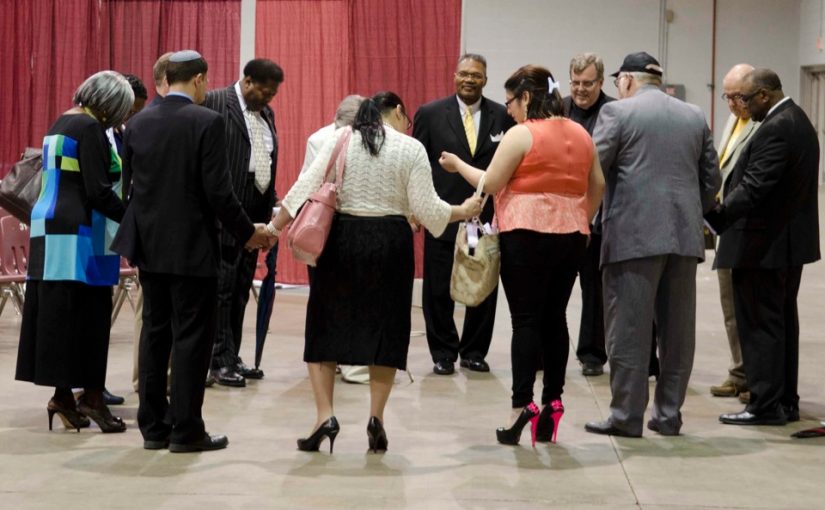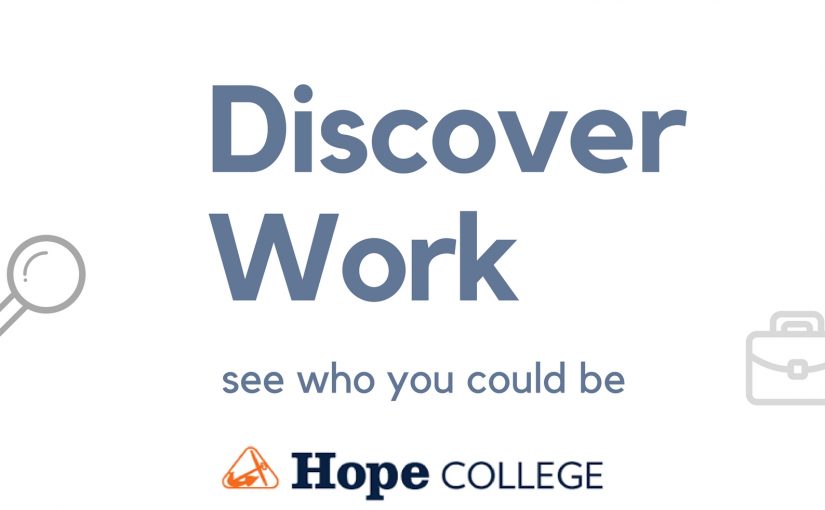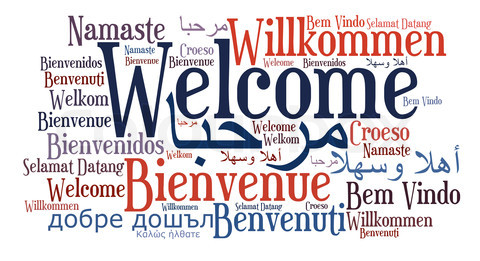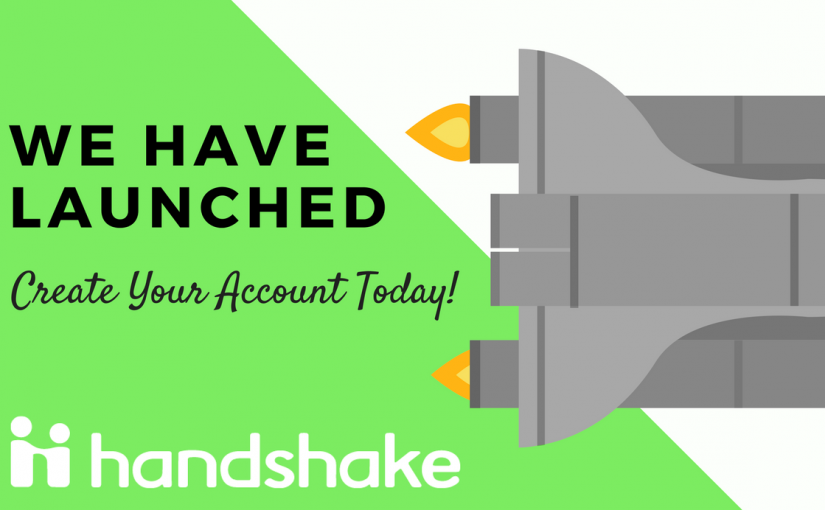“THE THINGS YOU ARE PASSIONATE ABOUT ARE NOT RANDOM, THEY ARE YOUR CALLING.” ― FABIENNE FREDRICKSON
There are people who are passionate about helping individuals who experience injustice in their everyday lives. There are people who want to incorporate their faith and their work. These are people with passion, with a heart to serve those who struggle to serve themselves. If this sounds like you, DART is an organization you might be interested in working at some day.
As the Direct Action and Research Training Center, DART is a nonprofit organization that works together with independent church congregations towards this common goal. DART congregations are based in seven states and work to build power, win justice, and transform their respective communities. DART works alongside congregations to find the root causes of problems in their areas and work to negotiate solutions to these issues.

Abbie Larink is a recent Hope alum who started working for DART in 2015. She was gracious enough to answer a few questions that we asked her about DART. This is what she had to say:
Q) How did you get connected with DART?
A) I saw the DART posting in Job Stop when I was a senior at Hope. It looked like a perfect fit with my interests and career goals, so I applied! I participated in the interview weekend in Richmond, VA. I was hired in June 2015 and had the opportunity to become the Lead Organizer in Richmond last April.
Q) What made you interested originally in DART and their mission?
A) I was looking for a way to live out my faith in the world. I wanted to find a way to serve the Church in its mission to bring God’s kingdom on earth. My experiences at Hope, like the Emmaus Scholars, involvement in Campus Ministries and spring Break Immersion trips helped me come to an understanding; that my faith calls me to bring restoration & justice in the here & now.
“The DART Center’s mission allows me to do justice and guide other people of faith to do the same in a unique, effective, and powerful way. I wanted to be part a of that!”
Q) What is your favorite part about working at DART?
A) Well, I have two favorites.
One is definitely the volunteer leaders I get to work with! RISC has 20 faith congregations with diversity in every sense of the word, with many dedicated volunteer leaders. A big part of my job is developing these leaders. I coach and challenge them to take leadership for organizing their congregations to do social justice work, research, and develop solutions to our community’s most serious problems while holding our local decision-makers accountable.
I’m also always on the lookout for new leaders and ways to get them involved. It brings me joy when I see someone grow in leadership skills, an understanding of their purpose, and commitment to changing our community, and to know I had a part in that growth.
Q) What would your advice be for students looking to work in social justice-related jobs?
A) These are things I would have wanted to tell my college self :
- Take the time to discern how your faith is calling you to serve and restore the world. Campus ministries, your professors, and faith formation programs are some of the ways that Hope helps you dig into this important question. Take those opportunities seriously, whether your major is Religion, Spanish or Chemistry.
- Build relationships with people who aren’t fellow college students. Get to know professors, college staff, chaplains, and people you meet in Holland or pastors at local churches. This can provide, not only some potential advice and guidance for your life, but can equip you for relationships in the real world. Be curious, learn about people, and you’ll be prepared for a job that’s focused in large part on relationships.
Larinks heart for justice shines through her work at DART institution. Social justice careers involve working with marginalized groups. They try and bring equality and justice in society to those who do not have it. These careers are very important because it gives the opportunity for voices to be heard and for bridges to be built between under-represented groups and the rest of the community. People in this field show the world they care enough to try and right the wrongs we know exist. Organizations like DART are crucial to our communities.
If DART is an organization that appeals to you there will be an online information session on September 27, 2017 at 7pm – 8pm Eastern Time. You can register at http://thedartcenter.nationbuilder.com/























